A Handy Pool Maintenance Guide
Owning a swimming pool is a fantastic way to fully embrace and enjoy the summer months, providing a refreshing hangout right in your own backyard. However, it's important to note that being a pool owner doesn't mean you can just sit back, relax and enjoy. There are some general maintenance practices to follow and by following these, you can ensure that your pool remains in top-notch condition, guaranteeing a safe and enjoyable experience for everyone. Here is what you need to know about maintaining your pool:
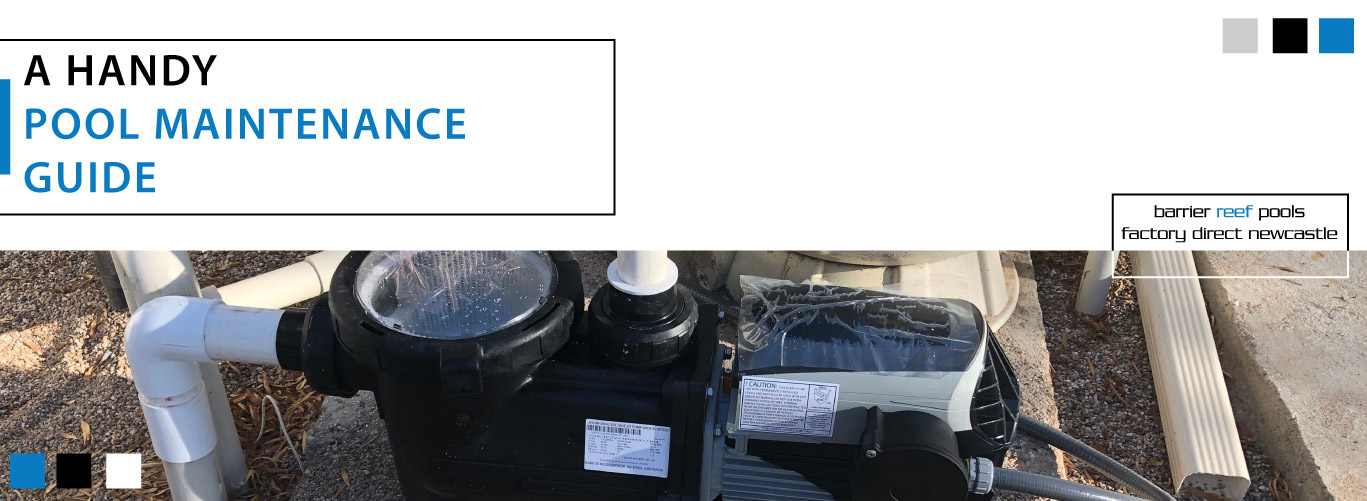
Is It Necessary?
Absolutely, pool maintenance is essential. Without proper care and attention, your swimming pool can quickly become a breeding ground for bacteria and algae, which can pose serious health risks to swimmers. Moreover, neglecting maintenance can lead to damages in the pool infrastructure, resulting in costly repairs. Regular maintenance ensures that the water is clean, safe, and inviting, making every swim a delightful experience. Therefore, pool maintenance isn’t just necessary, it’s a responsibility that every pool owner must embrace.
Fibreglass Pools Maintenance
Fibreglass pools are renowned for their durability and ease of maintenance. Nevertheless, there are certain practices you should adopt to keep your fibreglass pool in an excellent state.
Regular maintenance is key to keeping your fibreglass pool clean and in great condition. Check water chemistry weekly to balance pH levels, chlorine, calcium hardness, and total alkalinity. Brush the walls and floor to prevent algae growth. Be gentle with cleaning tools and chemicals to protect the gel coat finish. Use a pool cover to reduce cleaning and prolong the pool’s lifespan. Enjoy a sparkling clean pool and a better swimming experience!
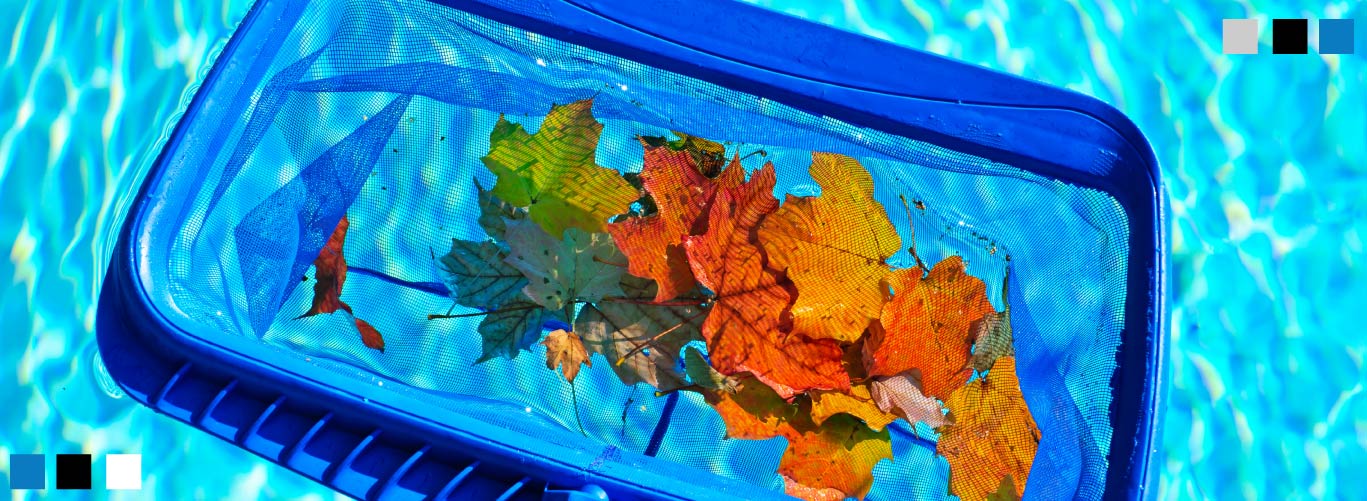
Testing and Balancing Water Chemistry
Testing and maintaining the right water chemistry is essential in pool maintenance. The primary parameters to monitor include pH level, chlorine, calcium hardness, and total alkalinity.
The pH level, which measures the water’s acidity or alkalinity, should ideally be between 7.4 and 7.6. A high pH level leads to cloudy water and scaling, while a low pH level can cause skin irritation and damage the pool equipment.
Chlorine is used to sanitise the pool water by killing bacteria and other harmful organisms. Maintaining a proper chlorine level (1.0-3.0 ppm) is crucial to ensure a safe swimming environment.
Calcium hardness refers to the amount of dissolved calcium in the pool water. If the calcium level is too high, it can result in scaling on the pool surface and equipment. On the other hand, a low calcium level can lead to pool surface damage. The ideal range is between 200-400 ppm.
Total Alkalinity measures the water’s ability to neutralise acids and should be maintained between 80-120 ppm. A balanced total alkalinity helps prevent sudden shifts in pH levels.
Testing your pool water on a weekly basis is recommended. You can use test strips or a digital test kit for accuracy. By monitoring and maintaining the right water chemistry, you can avoid common pool problems, prolong the lifespan of your pool, and provide a safe and enjoyable swimming experience.
Pool Cleaning Basics
Now that the scientific stuff is out of the way, let’s have a look at the basics!
A clean pool is a happy pool, and to keep it that way, you’ll need to incorporate a regular cleaning routine into your schedule. The schedule will vary depending on the time of year and how frequently the pool is being used.
Start with skimming the pool’s surface with a leaf net or pool skimmer to remove any floating debris. This should be done as often as possible, ideally daily, to prevent debris from sinking to the bottom, making it harder to remove.
Next up is brushing. Using a pool brush, scrub the sides, ladder, and corners of the pool. This should be done once a week to prevent the build-up of algae.
At least once a week, use a pool vacuum to clean the pool floor and walls. Manual or automatic, the choice of vacuum depends on your preference and budget. This helps to remove any debris that has sunk to the bottom and can’t be removed by skimming.
The pool filter also plays a crucial role in keeping the pool clean. Depending on the type of filter, it will need to be cleaned or replaced regularly. As a rule of thumb, the filter should be cleaned when the water pressure reaches 8 to 10 psi above the starting pressure.
Remember, by creating a regular cleaning schedule and keeping on top of these jobs you will prevent any major issues or messes from occurring and you can ensure that your pool is ready for summertime fun all season long!
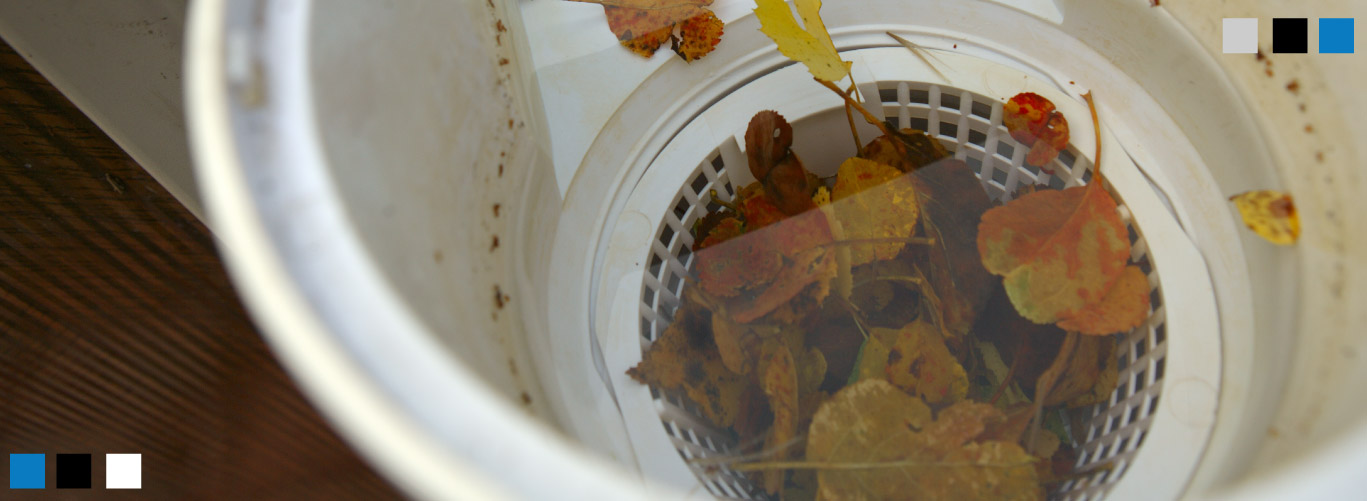
Pool Equipment Maintenance
Keeping your pool equipment in top form is just as crucial as maintaining the pool’s water chemistry and cleanliness. This equipment includes the pool pump, filter, heater, and pool cleaning tools, among others.
The pool pump is the heart of your pool’s circulation system. To ensure it runs smoothly, clear out the pump basket of debris every week, and check for any signs of wear and tear. If you find any, carry out necessary repairs or replacements to prevent the pump from failing.
Next, we have the pool filter, which is essential for keeping your pool water clean. The maintenance frequency depends on the type of the filter. Sand filters require backwashing every few weeks, whereas cartridge filters need to be disassembled and cleaned every month. For DE filters, they need backwashing and addition of new DE powder regularly.
Don’t neglect the pool heater. Gas heaters typically require professional servicing once a year to maintain efficiency. If your pool uses an electric heater, it usually requires less maintenance but do keep an eye for calcium scales which can limit its effectiveness.
Lastly, take good care of your pool cleaning tools like skimmers, brushes, and vacuums. Rinse them thoroughly after each use and store them in a cool, dry place. Regularly check for signs of wear and replace them as necessary.
To Conclude
Remember, well-maintained equipment not only prolongs its lifespan but also contributes to the overall health and safety of your pool and the people using it. If you are ever in doubt just give us a call, we are happy to help. A little time and effort spent on equipment maintenance can prevent major problems down the line, ensuring your pool remains a source of joy and relaxation.
A Handy Pool Maintenance Guide
Owning a swimming pool is a fantastic way to fully embrace and enjoy the summer months, providing a refreshing hangout right in your own backyard. However, it's important to note that being a pool owner doesn't mean you can just sit back, relax and enjoy. There are some general maintenance practices to follow and by following these, you can ensure that your pool remains in top-notch condition, guaranteeing a safe and enjoyable experience for everyone. Here is what you need to know about maintaining your pool:
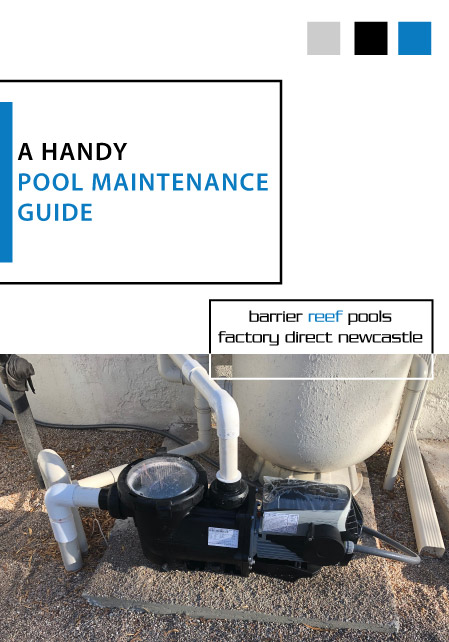
Is It Necessary?
Absolutely, pool maintenance is essential. Without proper care and attention, your swimming pool can quickly become a breeding ground for bacteria and algae, which can pose serious health risks to swimmers. Moreover, neglecting maintenance can lead to damages in the pool infrastructure, resulting in costly repairs. Regular maintenance ensures that the water is clean, safe, and inviting, making every swim a delightful experience. Therefore, pool maintenance isn’t just necessary, it’s a responsibility that every pool owner must embrace.
Fibreglass Pools Maintenance
Fibreglass pools are renowned for their durability and ease of maintenance. Nevertheless, there are certain practices you should adopt to keep your fibreglass pool in an excellent state.
Regular maintenance is key to keeping your fibreglass pool clean and in great condition. Check water chemistry weekly to balance pH levels, chlorine, calcium hardness, and total alkalinity. Brush the walls and floor to prevent algae growth. Be gentle with cleaning tools and chemicals to protect the gel coat finish. Use a pool cover to reduce cleaning and prolong the pool’s lifespan. Enjoy a sparkling clean pool and a better swimming experience!
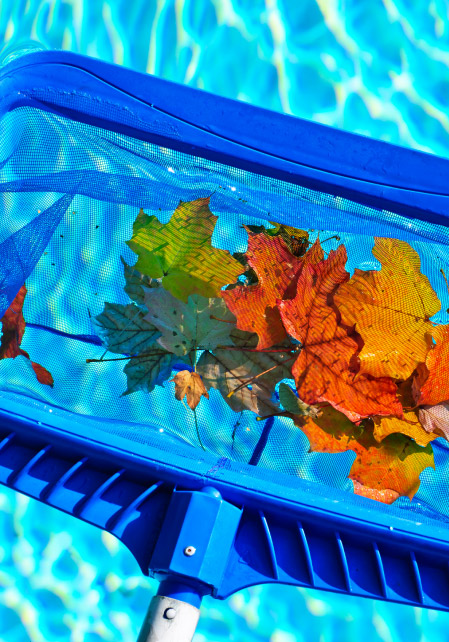
Testing and Balancing Water Chemistry
Testing and maintaining the right water chemistry is essential in pool maintenance. The primary parameters to monitor include pH level, chlorine, calcium hardness, and total alkalinity.
The pH level, which measures the water’s acidity or alkalinity, should ideally be between 7.4 and 7.6. A high pH level leads to cloudy water and scaling, while a low pH level can cause skin irritation and damage the pool equipment.
Chlorine is used to sanitise the pool water by killing bacteria and other harmful organisms. Maintaining a proper chlorine level (1.0-3.0 ppm) is crucial to ensure a safe swimming environment.
Calcium hardness refers to the amount of dissolved calcium in the pool water. If the calcium level is too high, it can result in scaling on the pool surface and equipment. On the other hand, a low calcium level can lead to pool surface damage. The ideal range is between 200-400 ppm.
Total Alkalinity measures the water’s ability to neutralise acids and should be maintained between 80-120 ppm. A balanced total alkalinity helps prevent sudden shifts in pH levels.
Testing your pool water on a weekly basis is recommended. You can use test strips or a digital test kit for accuracy. By monitoring and maintaining the right water chemistry, you can avoid common pool problems, prolong the lifespan of your pool, and provide a safe and enjoyable swimming experience.
Pool Cleaning Basics
Now that the scientific stuff is out of the way, let’s have a look at the basics!
A clean pool is a happy pool, and to keep it that way, you’ll need to incorporate a regular cleaning routine into your schedule. The schedule will vary depending on the time of year and how frequently the pool is being used.
Start with skimming the pool’s surface with a leaf net or pool skimmer to remove any floating debris. This should be done as often as possible, ideally daily, to prevent debris from sinking to the bottom, making it harder to remove.
Next up is brushing. Using a pool brush, scrub the sides, ladder, and corners of the pool. This should be done once a week to prevent the build-up of algae.
At least once a week, use a pool vacuum to clean the pool floor and walls. Manual or automatic, the choice of vacuum depends on your preference and budget. This helps to remove any debris that has sunk to the bottom and can’t be removed by skimming.
The pool filter also plays a crucial role in keeping the pool clean. Depending on the type of filter, it will need to be cleaned or replaced regularly. As a rule of thumb, the filter should be cleaned when the water pressure reaches 8 to 10 psi above the starting pressure.
Remember, by creating a regular cleaning schedule and keeping on top of these jobs you will prevent any major issues or messes from occurring and you can ensure that your pool is ready for summertime fun all season long!
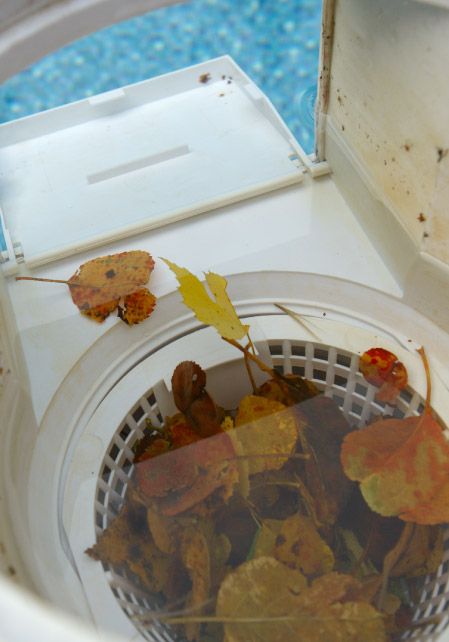
Pool Equipment Maintenance
Keeping your pool equipment in top form is just as crucial as maintaining the pool’s water chemistry and cleanliness. This equipment includes the pool pump, filter, heater, and pool cleaning tools, among others.
The pool pump is the heart of your pool’s circulation system. To ensure it runs smoothly, clear out the pump basket of debris every week, and check for any signs of wear and tear. If you find any, carry out necessary repairs or replacements to prevent the pump from failing.
Next, we have the pool filter, which is essential for keeping your pool water clean. The maintenance frequency depends on the type of the filter. Sand filters require backwashing every few weeks, whereas cartridge filters need to be disassembled and cleaned every month. For DE filters, they need backwashing and addition of new DE powder regularly.
Don’t neglect the pool heater. Gas heaters typically require professional servicing once a year to maintain efficiency. If your pool uses an electric heater, it usually requires less maintenance but do keep an eye for calcium scales which can limit its effectiveness.
Lastly, take good care of your pool cleaning tools like skimmers, brushes, and vacuums. Rinse them thoroughly after each use and store them in a cool, dry place. Regularly check for signs of wear and replace them as necessary.
To Conclude
Remember, well-maintained equipment not only prolongs its lifespan but also contributes to the overall health and safety of your pool and the people using it. If you are ever in doubt just give us a call, we are happy to help. A little time and effort spent on equipment maintenance can prevent major problems down the line, ensuring your pool remains a source of joy and relaxation.


